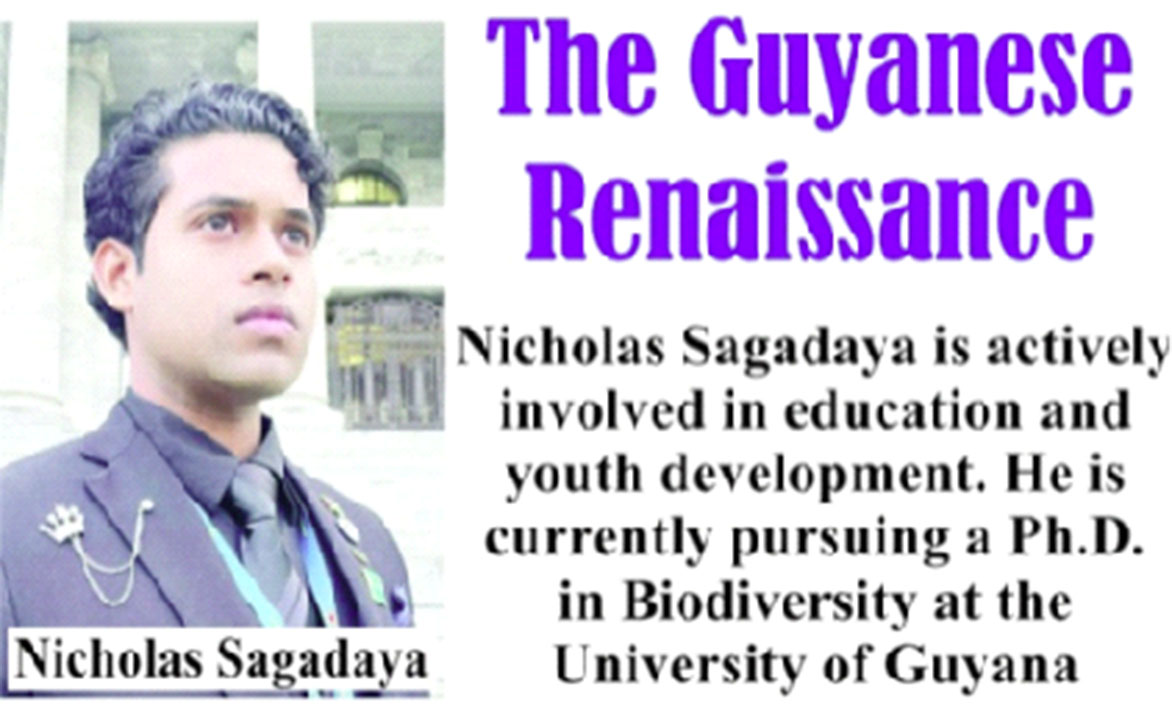Over the past three days, I had the privilege of attending the Inaugural Interdisciplinary Research Conference hosted by the University of Guyana’s Berbice Campus. It was by all measures a landmark event, one that awakened the region to academic synergy under the theme “Embracing Innovation and Change Through Interdisciplinary Perspectives”. As someone who has long advocated for the expansion and elevation of Guyana’s research landscape, this conference served as a confirmation that the Berbice Campus is partaking in the charge for Interdisciplinary innovation.
The event was opened with a sense of gravitas by Mr. Jainarine Deonauth – Director, Department of Events, Conferences and Communications (DECC). Professor Gomathinayagam Subramanian, Director of the Berbice Campus, welcomed participants with his usual academic optimism followed by the Vice-Chancellor, Professor Paloma Mohamed-Martin, who in her address, reminded us of the historic moment we were witnessing—the decentralization of academic energy and the repositioning of Berbice as a research leader. Remarks by Professor Gary Dirks of the Global Futures Laboratory at Arizona State University added global legitimacy to our regional efforts. The presence of the Permanent Secretary within the Office of the Prime Minister of Guyana – Dr. Alfred King, further highlighted the government’s endorsement of knowledge production as a pillar of national development. Mr. Al Creighton – Director of the Confucius Institute, University of Guyana took us back in time dissecting the evolution of the Berbice Campus which solidified why this Interdisciplinary Research conference will be looked upon in the future as a milestone.
It was impossible to ignore the sheer density of presentations focused on agricultural transformation, climate-smart initiatives, biologically sustainable practices, all rooted in regional specificity as it pertains to Guyana. A series of presentations on seaweed-based biostimulants, including work on Sargassum extract’s effects on tomato and rice yield, mark a shift in Caribbean agricultural research which spans from basic soil science to biotechnology-driven precision farming. My personal observation was that it was timely and geopolitically relevant, as climate volatility and food security tighten their grip on the region. Equally compelling were presentations that embraced agro-industrial waste as a resource. Patrick Ketwaru and Prof. Netra Chhetri’s work on leveraging agro-residues for energy and carbon mitigation represents the next frontier of Caribbean ecological economics. Rather than mimic extractive Western models, these researchers are repurposing waste streams to close ecological loops in what I believe is creating a vernacular environmentalism born of necessity and invention. Another thread to note is the recurring motif of resiliency; studies on rice-based socio-ecological systems and community adaptation to multiple stressors in coastal Guyana remind us that agriculture in the region is about survival and identity.
Perhaps the most sobering aspect of the conference was the range of studies exposing the health crises that are often culturally underdiscussed. In particular, dual presentations on intimate partner violence, examining its links to murder-suicides and its broader psychosocial roots which forcefully disrupted the idea that public health can be addressed by biomedical interventions alone. As a young influencer attached to the Ministry of Human Services and Social security, this presentation resonated well with me. That intricate link is one that is not often discussed.
The work presented by Ayodele Dalgety-Dean and colleagues on suicide in Guyana, a country with one of the highest suicide rates globally, was timely and ethically important. They did not pathologize behaviour; they sought to map its social textures, exploring the affective geographies of despair that haunt our villages and towns. These are the kinds of inquiries we need if we are to interrupt cycles of trauma. I was fully invested in Dr. Penelope’s presentation of her colleague’s work on this particular issue.
A number of presentations sought to ground high-level technological innovation in Guyanese realities. Among them was the project on AI-assisted pepper disease detection, which is the sort of low-cost, high-impact work that can change the landscape for small farmers. Dr. Garraway’s contributions to digital shift and post-pandemic e-learning highlighted attention to the ways in which technological transitions are not neutral. They allow for the evolution of not only pedagogy but also academic labour and institutional legitimacy. The conference included sessions that may be perceived as difficult or narrowly technical like Prof. Jaggessar’s presentation on phytochemicals and microorganisms or his work on biogas production using digesters. Prof. Jaggessar did an amazing job breaking down these complex theories. Lastly, I presented my findings on “Anti-Cancer Mechanisms and Ayurvedic Applications of Curcumin and Epigallocatechin Gallate” which showed the general effectiveness of Curcumin and Epigallocatechin Gallate against cancer cells. I also briefly touched on how this acts as the base for my current PhD research on cancer and phytochemicals. What I could not have predicted was the overwhelming interest in the research and the numerous questions that followed both inside and outside the presentation room. It was during one of my lectures from Prof. Paulette Bynoe that she mentioned that research is “formalized curiosity”, and I definitely saw that coming out of the participants during this conference.
To conclude, the UGBC Inaugural Interdisciplinary Research Conference was infrastructurally interdisciplinary, needless to infer that it allowed for radical crossings of method, epistemology, and social vision. The event illustrated that research in Guyana is alive, contentious, experimental, and, crucially, in motion. It would be a grave misreading to dismiss this as a regional or even peripheral academic moment. What happened in Tain over these three days is the beginning of something tectonic and in my humble opinion a reorientation of where Caribbean knowledge is generated, who generates it, and to what ends.
